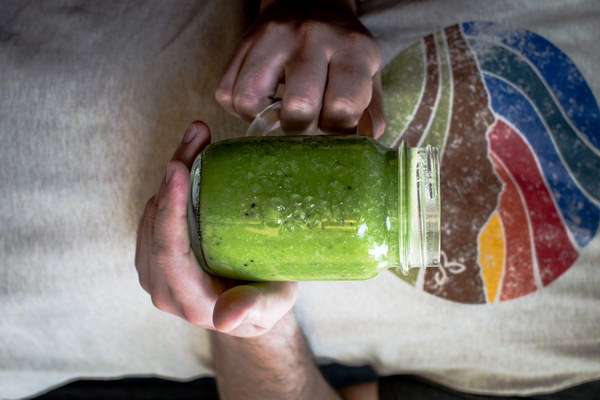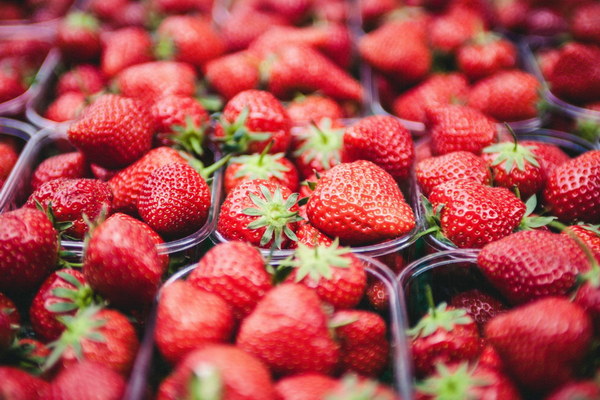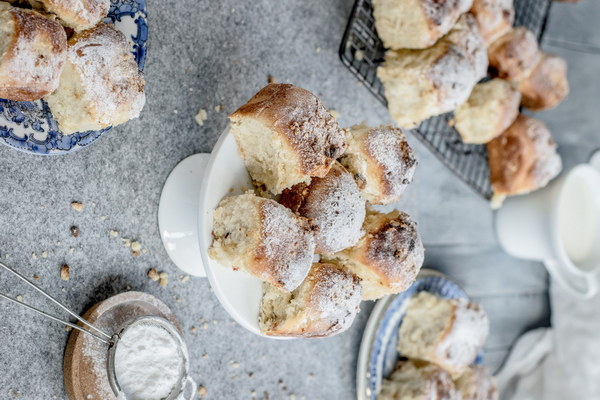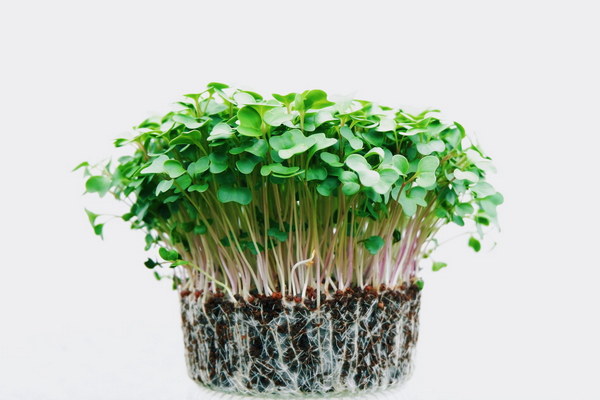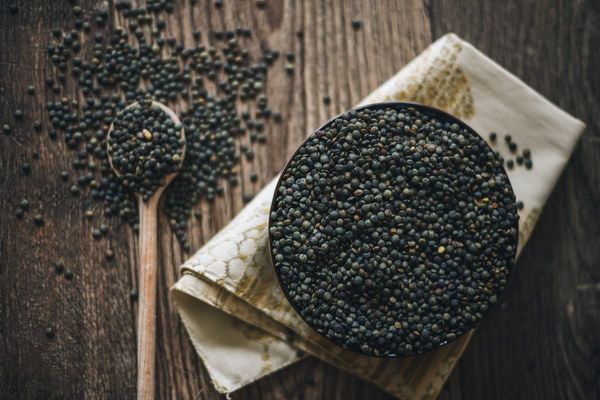Boost Your Winter Vitality The Art of Winter Nourishment and Traditional Tonics
In the crisp embrace of winter, the cold air can seep into our bones, leaving us feeling drained and rundown. This is where the concept of winter nourishment, or jinbie in Chinese, comes into play. Winter nourishment is the practice of consuming certain foods and tonics to strengthen the body, boost the immune system, and ward off the chill. Let's delve into the art of winter nourishment and explore some traditional tonics that can help you stay warm and vibrant throughout the cold season.
Understanding Winter Nourishment
Winter nourishment is rooted in the principles of Traditional Chinese Medicine (TCM), which teaches that during the colder months, the body needs to conserve energy and focus on internal warmth. The philosophy behind this practice is to balance the body’s yin and yang energies, ensuring that the body is in harmony with the natural world.
Choosing the Right Foods
The key to winter nourishment is selecting foods that are warm, nourishing, and have a strong emphasis on vitamins and minerals. Here are some staple foods that are perfect for winter:
1. Root Vegetables: Carrots, beets, sweet potatoes, and turnips are all excellent sources of vitamins and minerals. These vegetables help to warm the body and provide a grounding effect.

2. Nuts and Seeds: Almonds, walnuts, flaxseeds, and chia seeds are packed with healthy fats and protein, which are essential for maintaining body temperature.
3. Fruits: Citrus fruits like oranges and grapefruits are high in vitamin C, which is known for its immune-boosting properties. Apples, pears, and persimmons are also great choices.
4. Meat and Fish: Lean meats like chicken, turkey, and beef, as well as fatty fish like salmon and mackerel, are excellent sources of protein and omega-3 fatty acids, which help to maintain warmth and support heart health.
5. Herbs and Spices: Cinnamon, ginger, turmeric, and black pepper are not only delicious but also have warming properties. They can be added to soups, stews, and teas to boost the body's internal heat.
Traditional Tonics
In addition to a balanced diet, traditional tonics can help to enhance your winter nourishment. Here are some popular tonics:
1. Ginseng: Known as the King of Herbs, ginseng is believed to boost energy, improve cognitive function, and support the immune system.
2. Goji Berries: These antioxidant-rich berries are said to enhance longevity and vitality, making them a perfect winter tonic.
3. Astragalus: This herb is known for its immune-boosting properties and is often used to prevent colds and flu during the winter months.
4. Schisandra: This berry-like fruit is believed to balance the body’s five elements and is often used to improve energy and vitality.
5. Dong Quai: Also known as female ginseng, dong quai is used to balance hormones and support women's health.
How to Incorporate Winter Nourishment into Your Daily Life
To fully benefit from winter nourishment, consider the following tips:
- Warm Up Your Meals: Incorporate warming ingredients into your meals, such as soups, stews, and roasted vegetables.
- Stay Hydrated: Drink warm beverages like herbal teas, ginger tea, or warm lemon water to stay hydrated and maintain internal warmth.
- Regular Exercise: Engage in gentle exercises like yoga, tai chi, or brisk walking to promote blood circulation and boost your immune system.
- Get Adequate Rest: Ensure you're getting enough sleep to allow your body to recover and regenerate during the winter months.
In conclusion, winter nourishment is a valuable practice that can help you stay healthy and vibrant during the cold season. By focusing on a balanced diet rich in warm, nourishing foods and incorporating traditional tonics, you can support your body's natural defenses and maintain your well-being throughout the year. Embrace the art of winter nourishment and enjoy the journey to a warmer, healthier winter.
